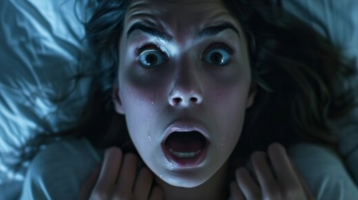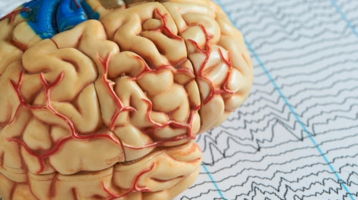CHRONOBIOLOGY
This site is dedicated to the history, findings and advancements of Chronobiology.

Can Dairy Consumption be Linked to Nightmares and Poor Sleep?
If you find that eating certain foods causes you to sleep poorly, you are not alone—and ... Read More

How Two Extra Hours of Sleep on the Weekend Can Alleviate Anxiety in Teenagers
A new study has found that teenagers who catch up on sleep moderately – but not excessiv... Read More

The Brain Has a Hidden Rhythm – And Smarter Minds Synchronize Themselves to it
When the brain is under pressure, certain neural signals begin to oscillate synchronously ... Read More
RHYTHM OF LIFE
| 1 a.m. | Dream time |
| 2 a.m. | All systems in regeneration mode except liver and skin |
| 3 a.m. | Intensive sleep phase |
| 4 a.m. | Lungs most active |
| 5 a.m. | Kidney function at lowest point |
| 6 a.m. | The body's systems awaken |
| 7-9 a.m. | Hormones at their peak |
| 8-9 a.m. | Highest pain threshold |
| 10 a.m. - 12 noon | Fully fit and wide awake, brain most efficient |
| 12 noon | Time to eat digestion in top gear |
| 1-2 p.m. | Afternoon low, time for a nap |
| 3-4 p.m. | New upswing:phase of learning & logn term memory |
| 5-6 p.m. | Second peak, best time for manual work |
| 6-9 p.m. | Regeneration and relaxation, optimal sense of smell and taste |
| 9 p.m. | Stomach rests - time to stop eating |
| 11 p.m. | Time for bed |
| 11 p.m - 1 a.m. | Creativity at its peak |
ABOUT CHRONOBIOLOGY
This website is dedicated to the history, findings and advancements of Chronobiology.
Chronobiology is a field of biology that studies how our body’s natural cycles—mental, physical and emotional—are affected by solar and lunar rhythms. For example, the circadian rhythm, a 24-hour cycle of physiological processes that happen throughout the human body, is a vital cycle in the study of chronobiology.
When these processes break down, or abnormalities occur in the human body, it’s the study of chronobiology that could be the solution.

